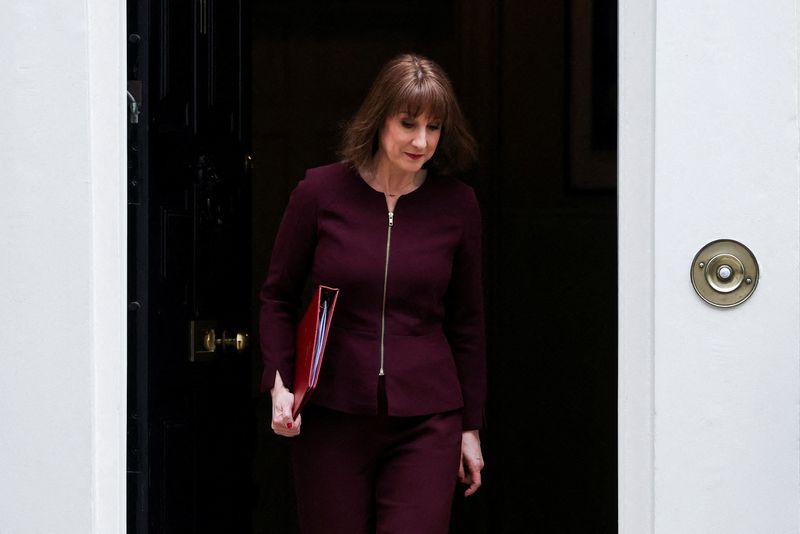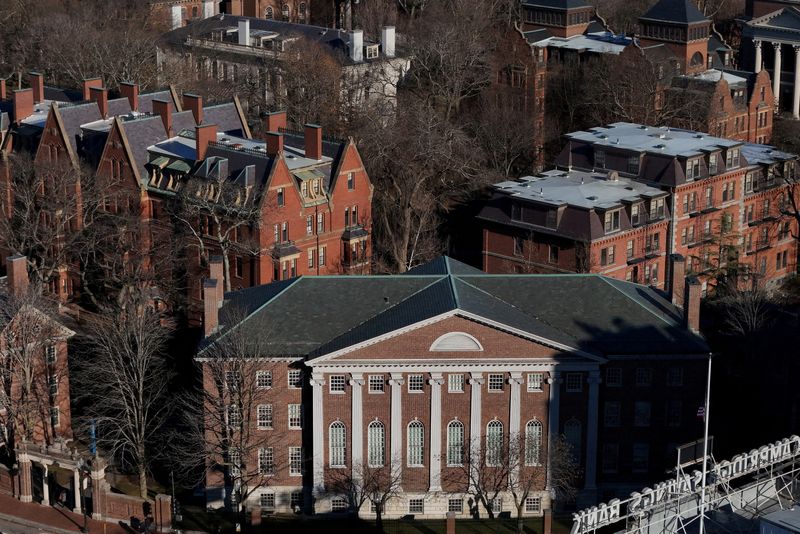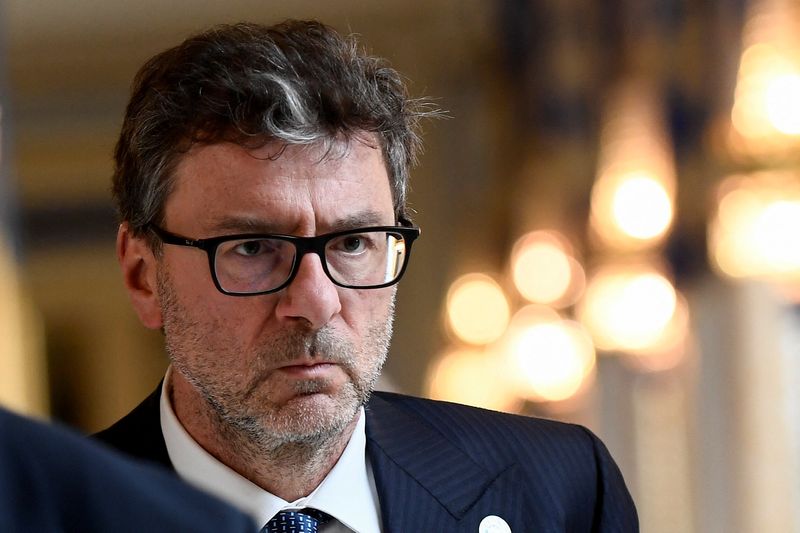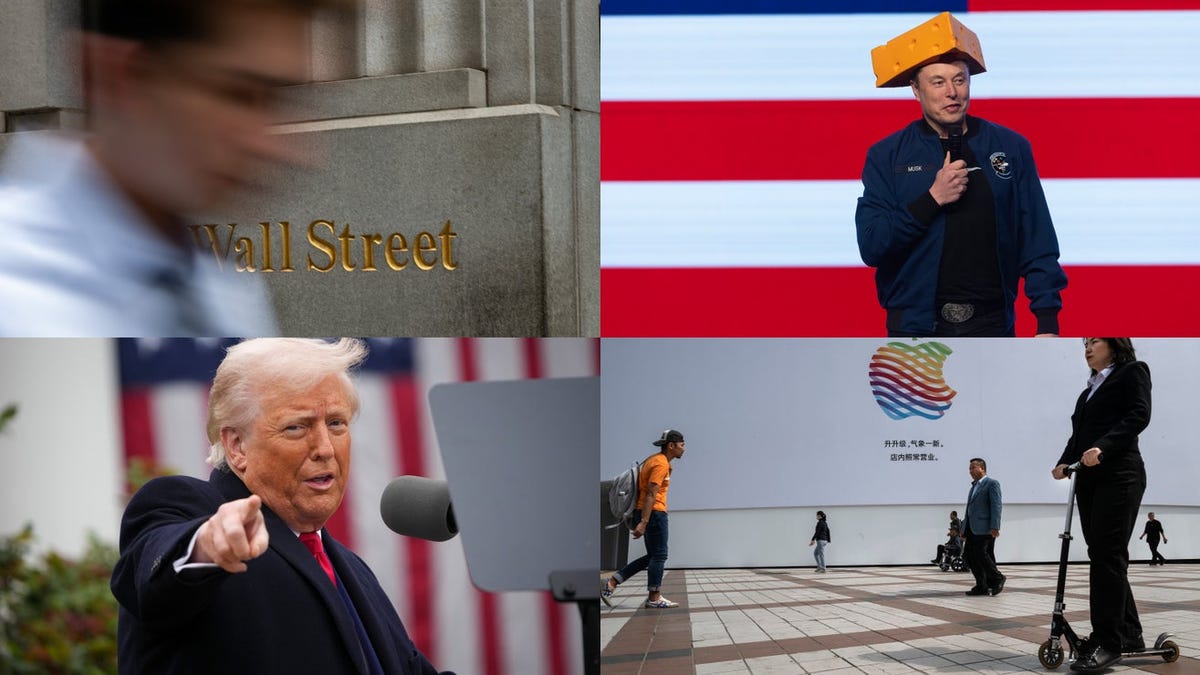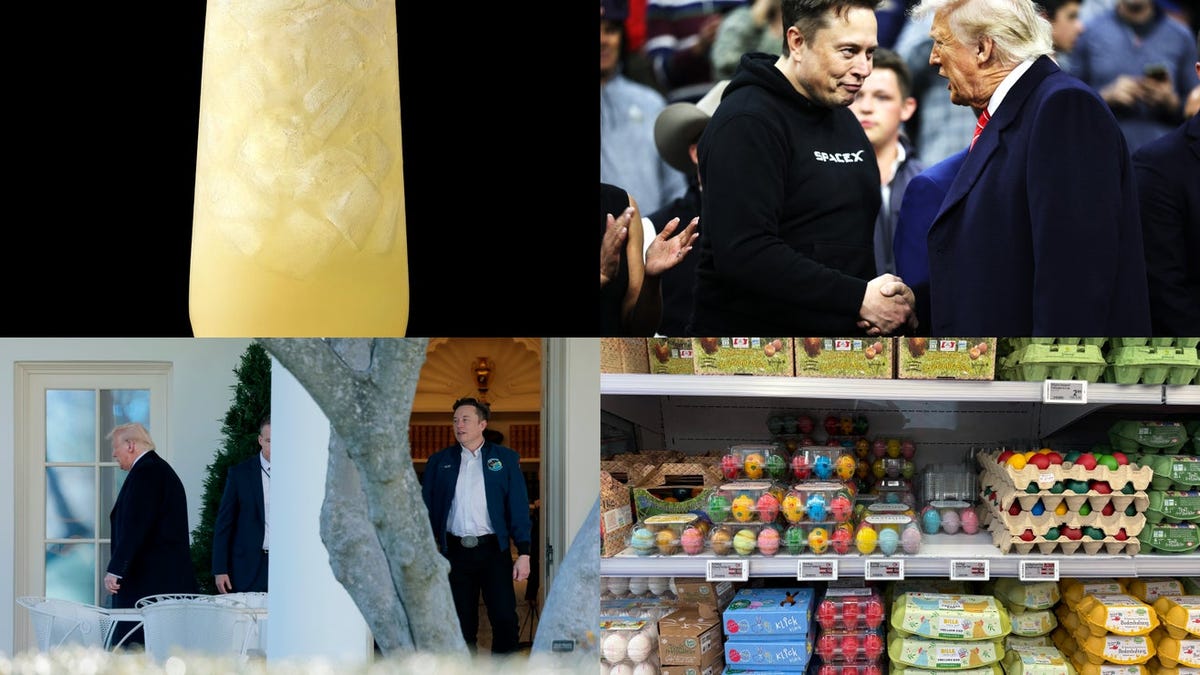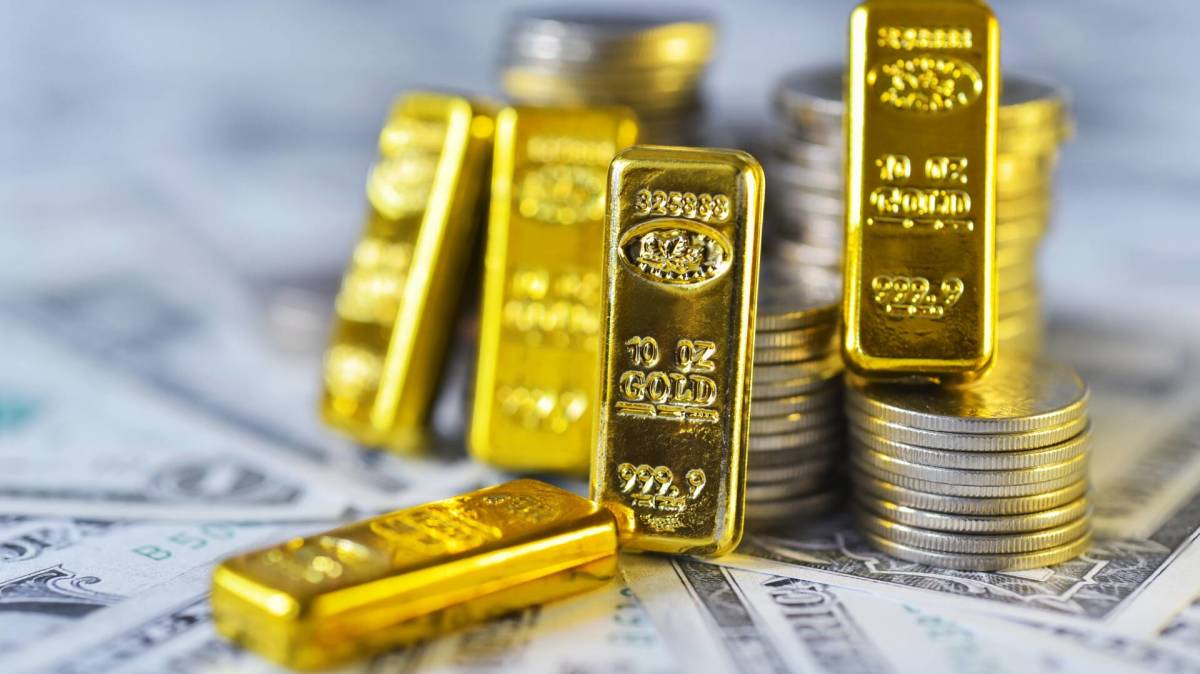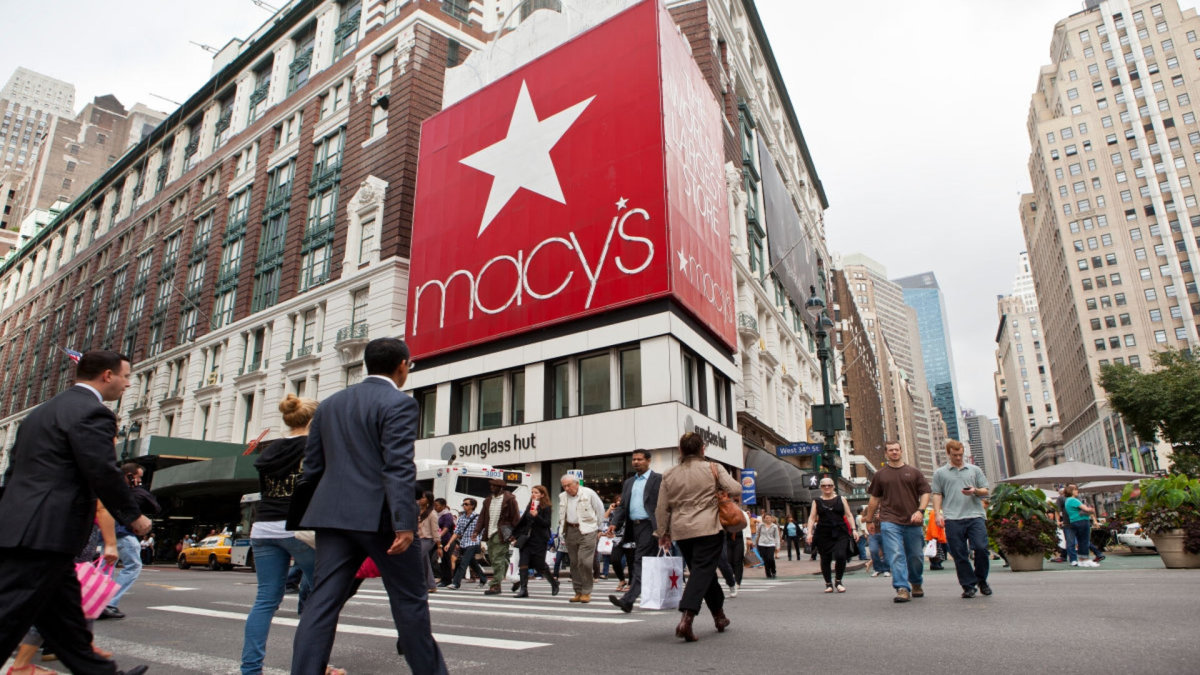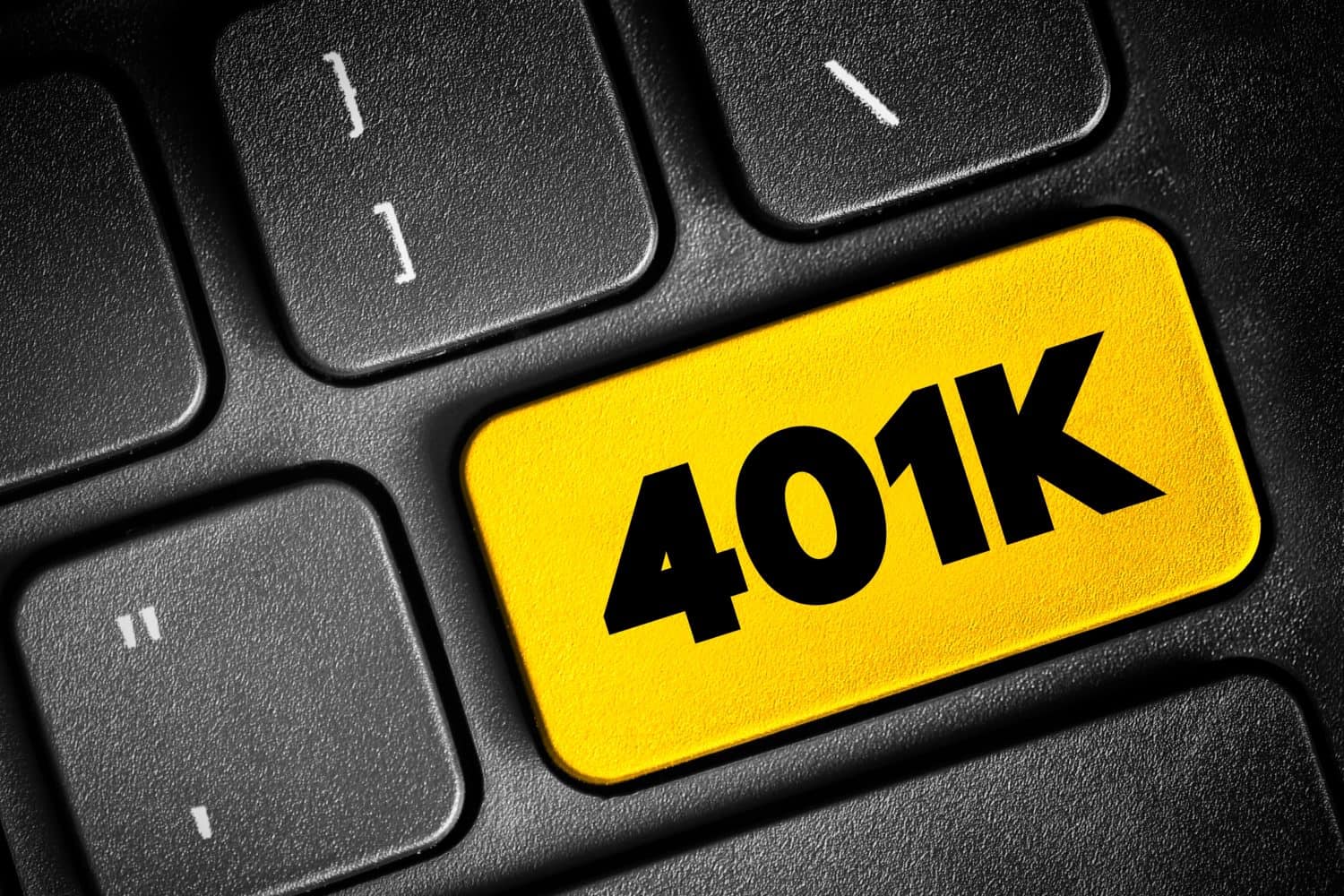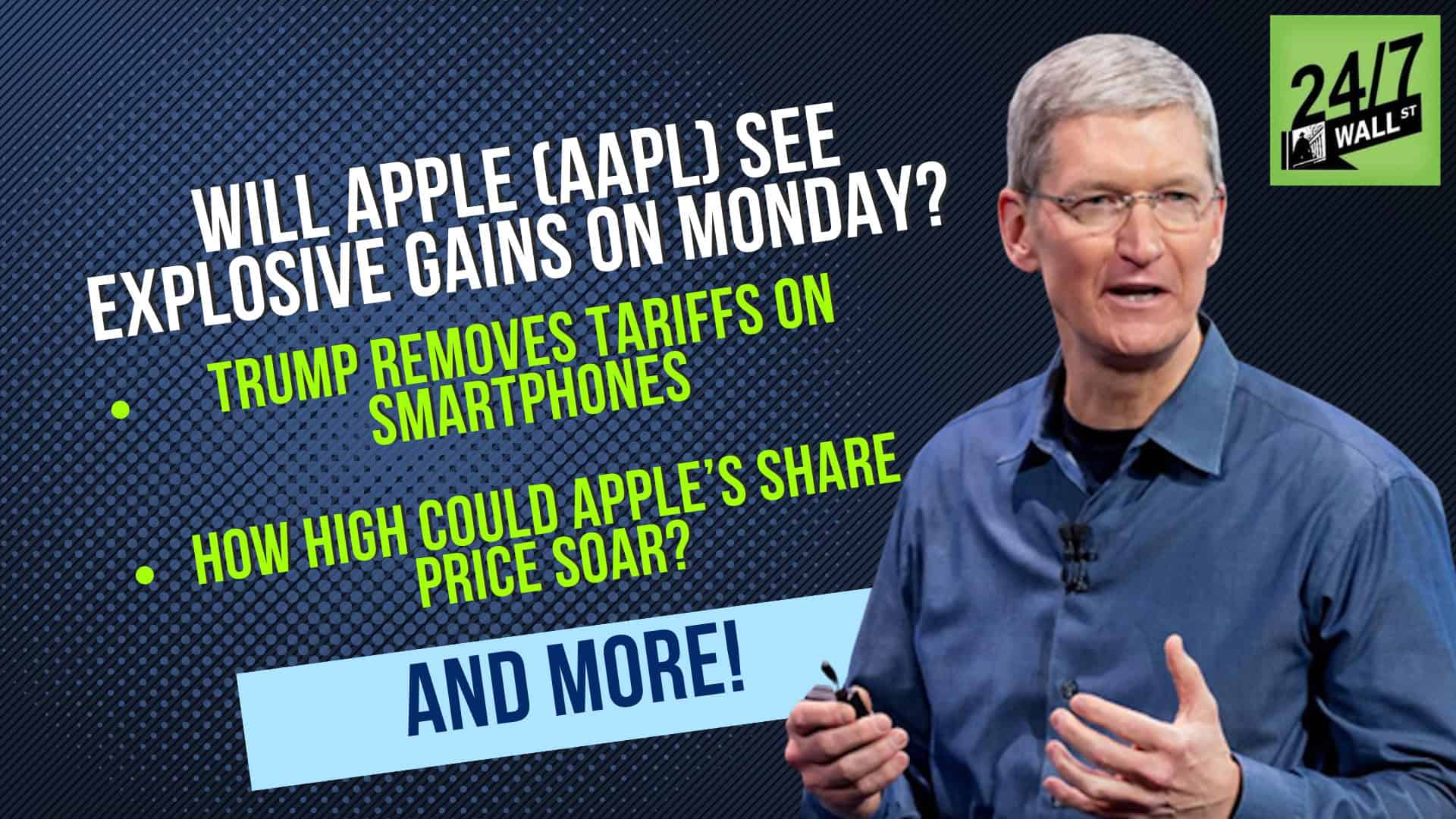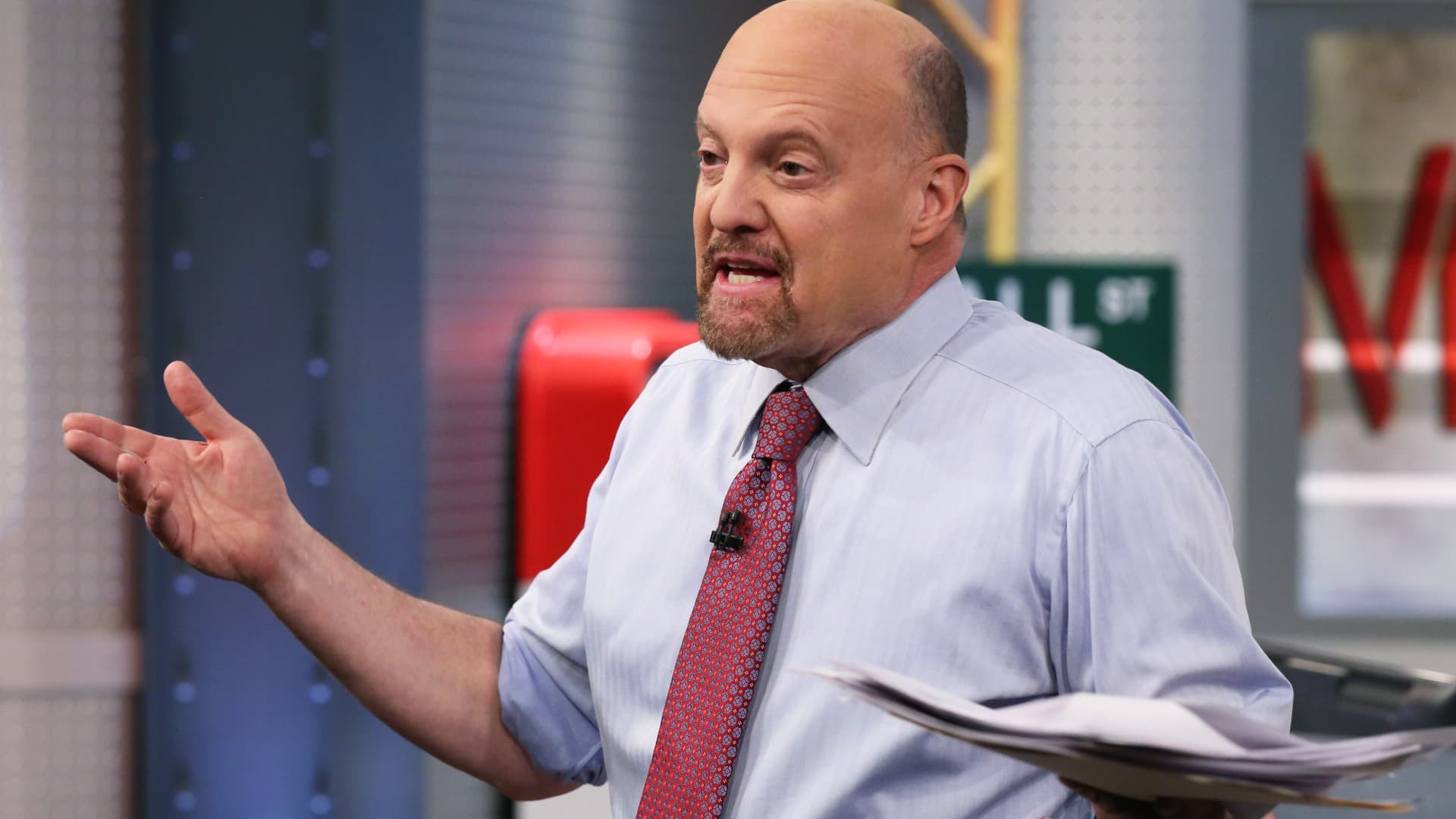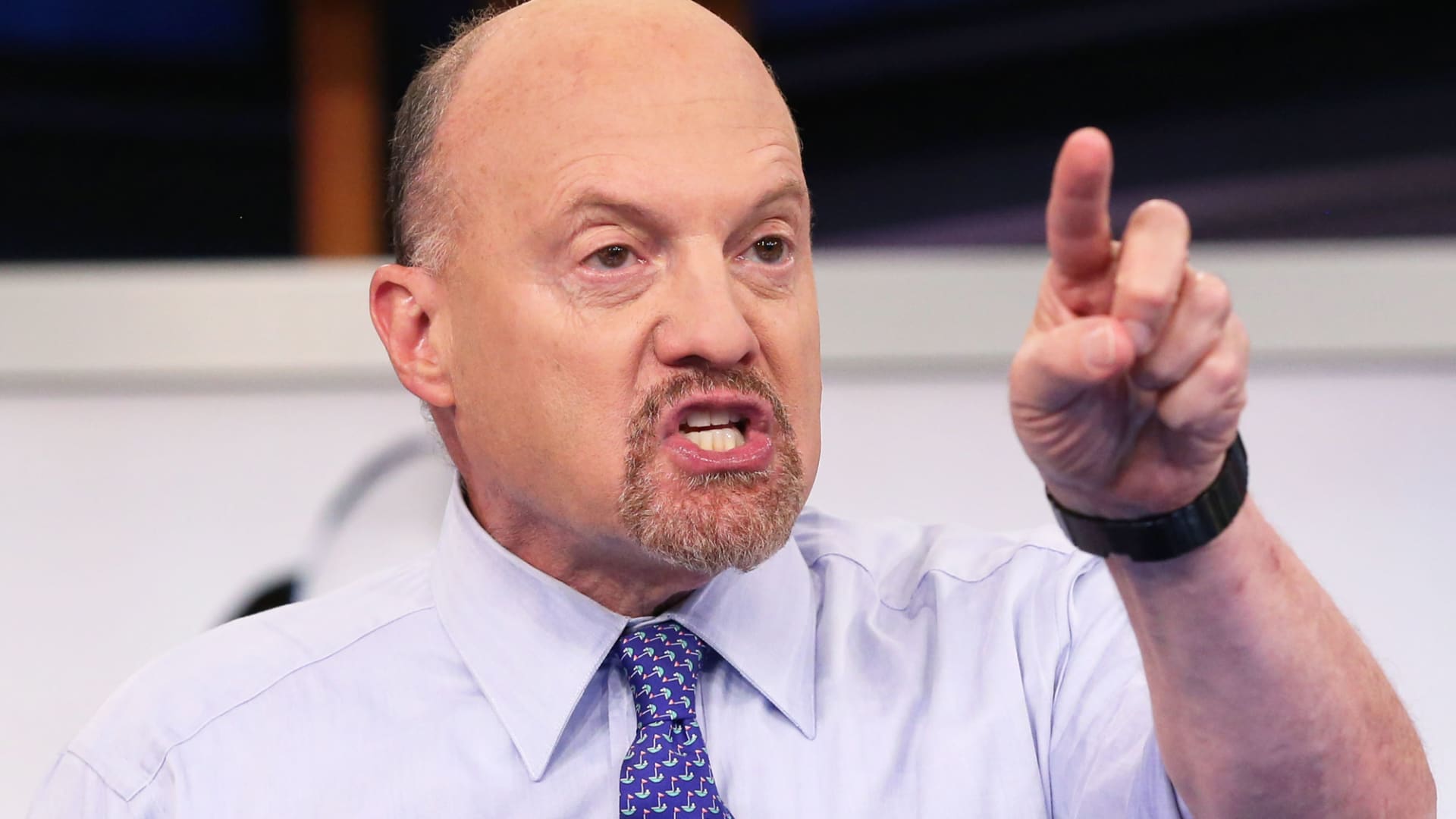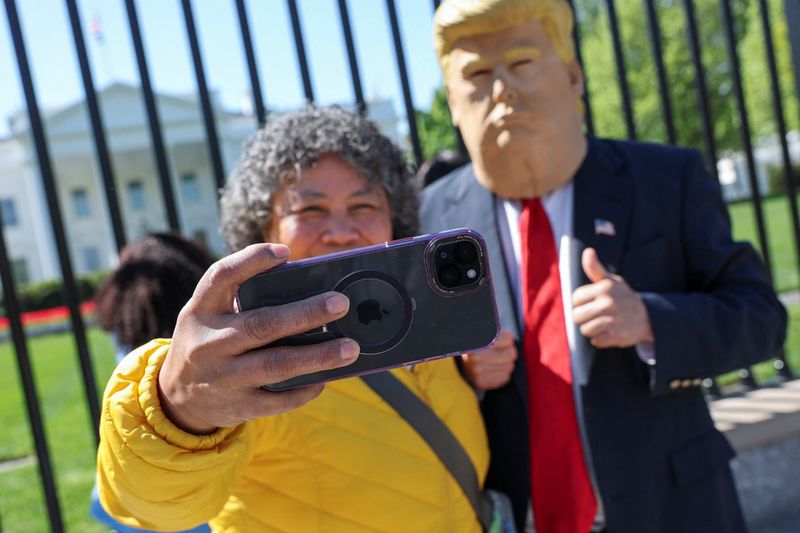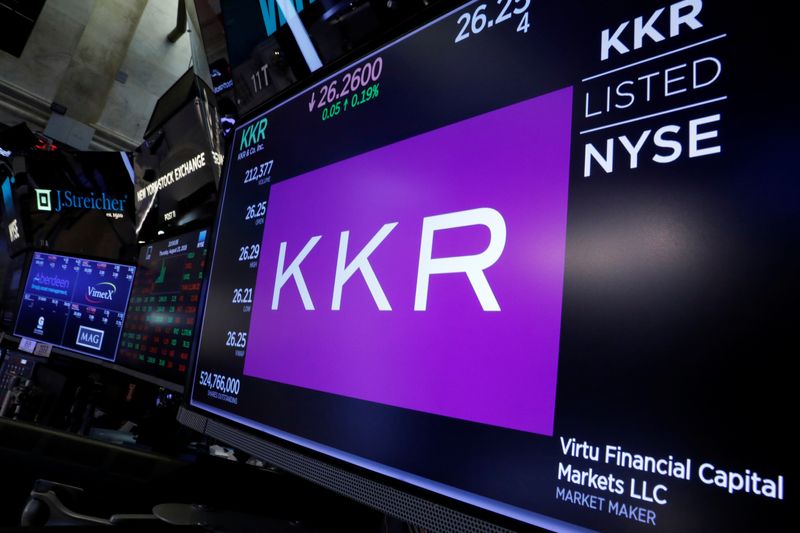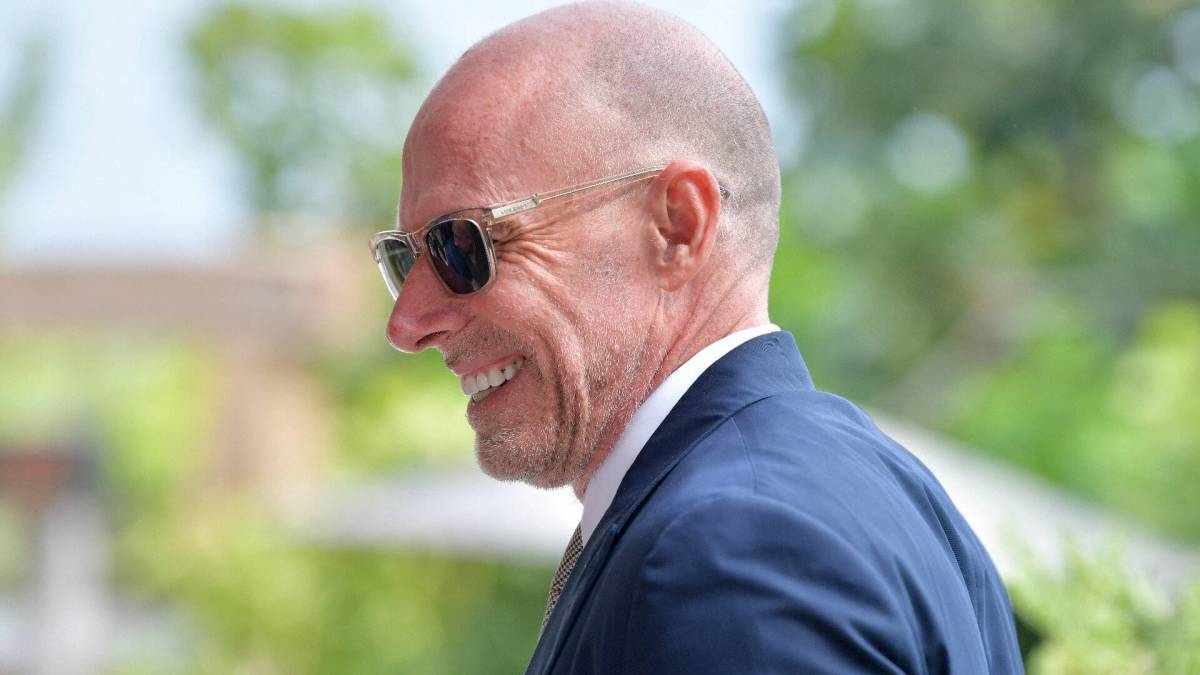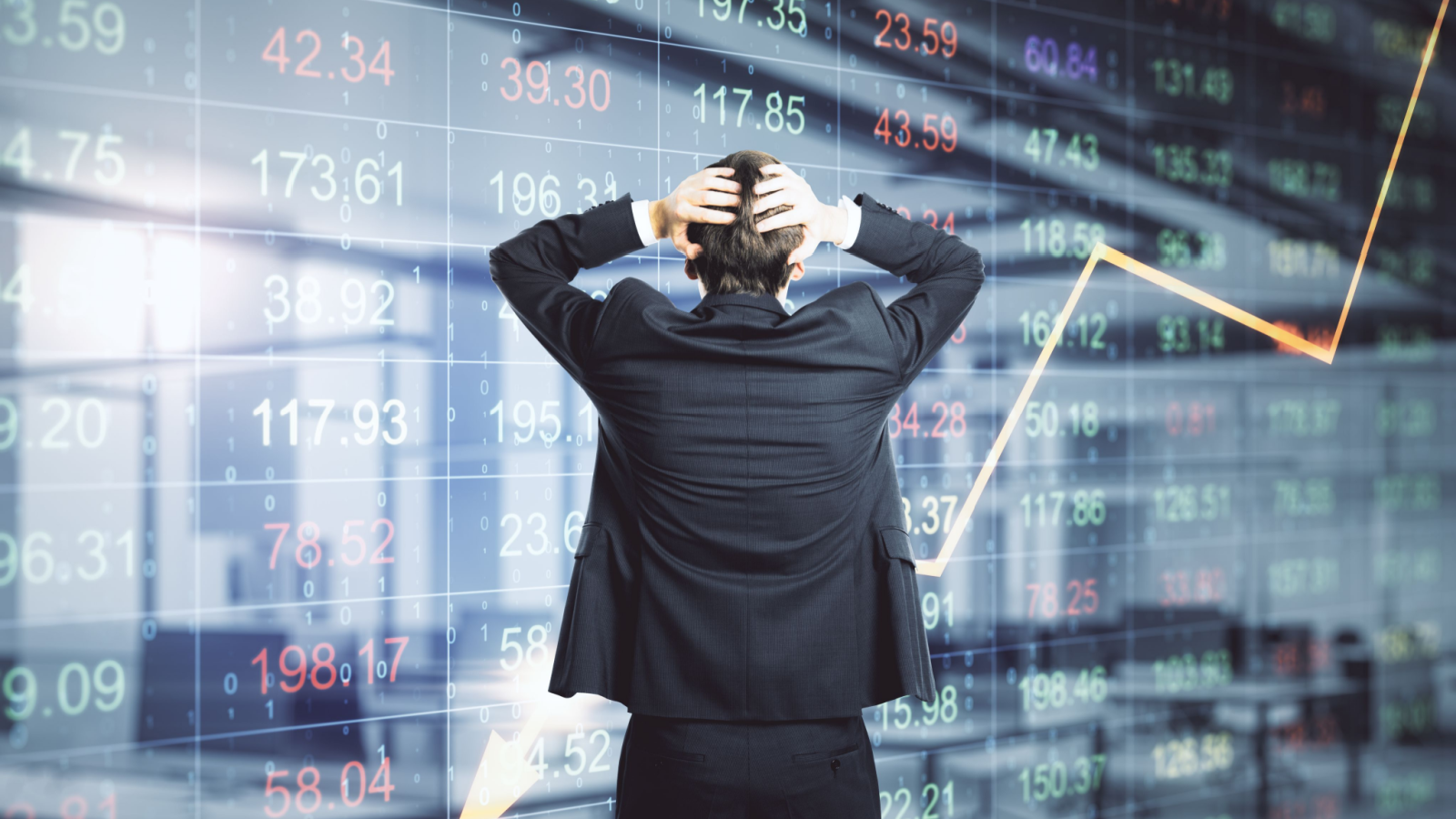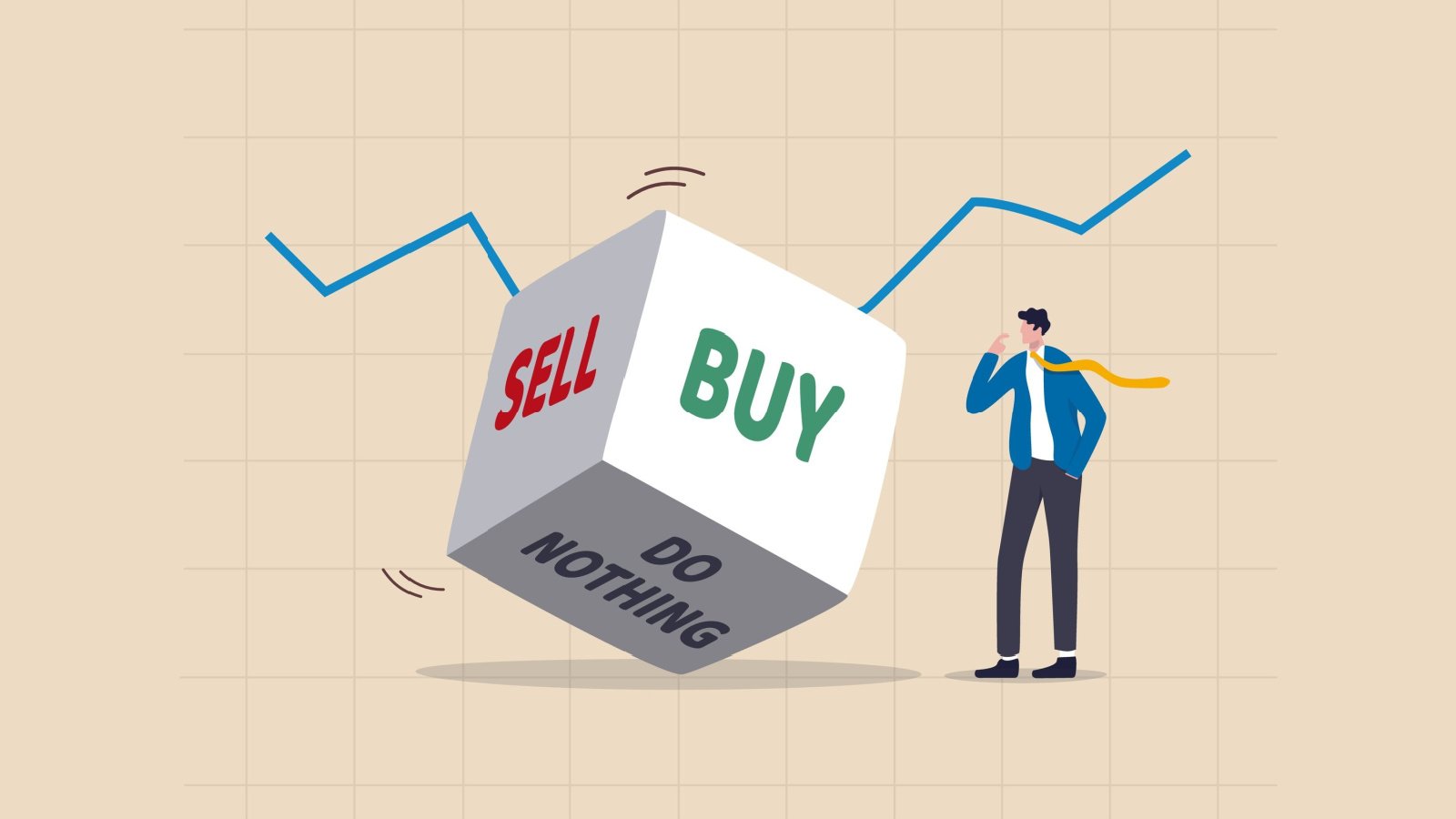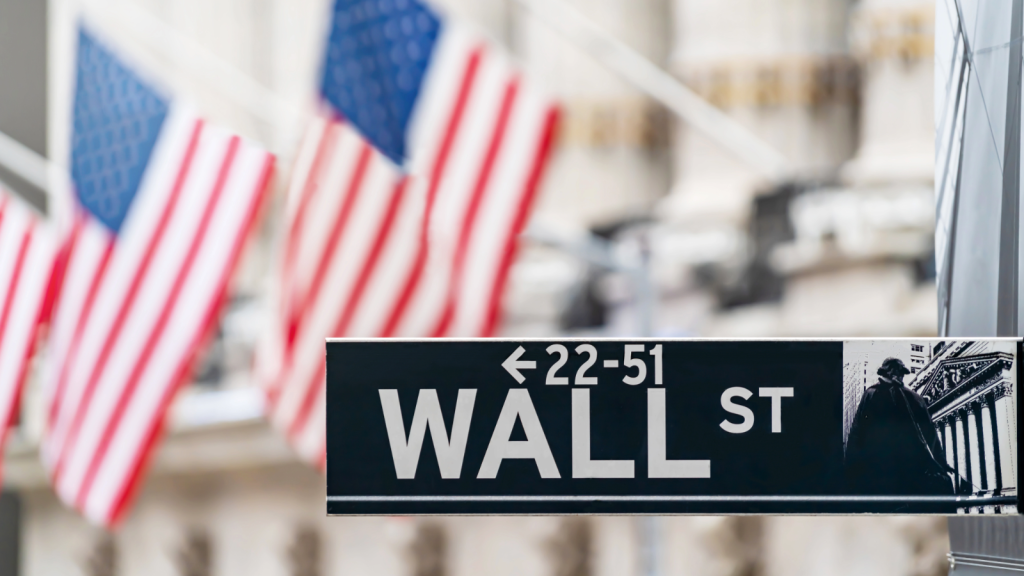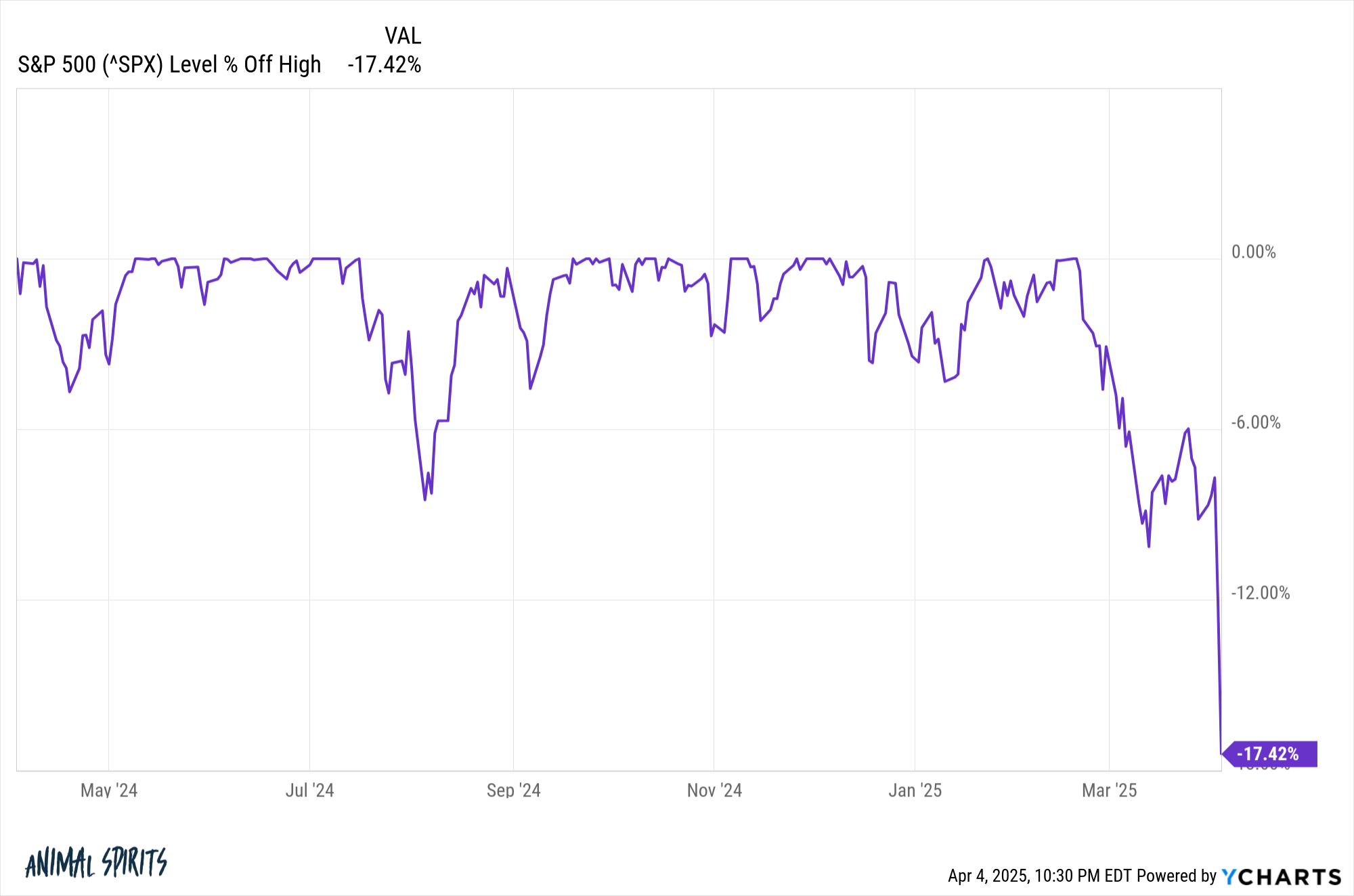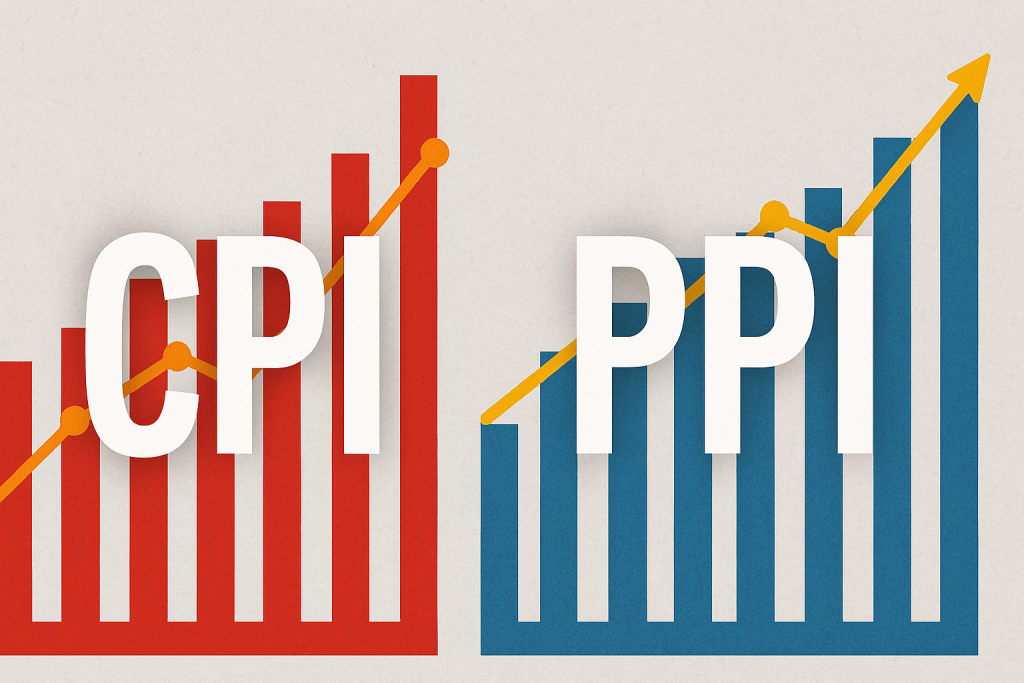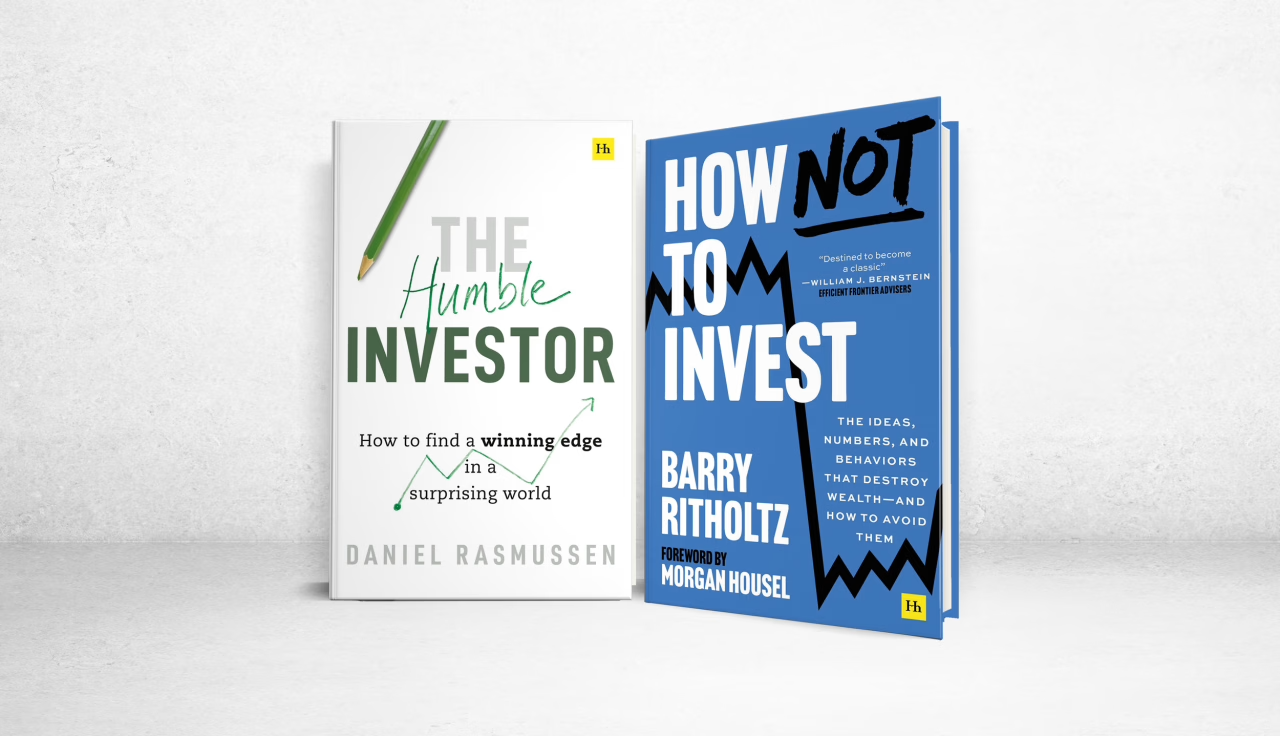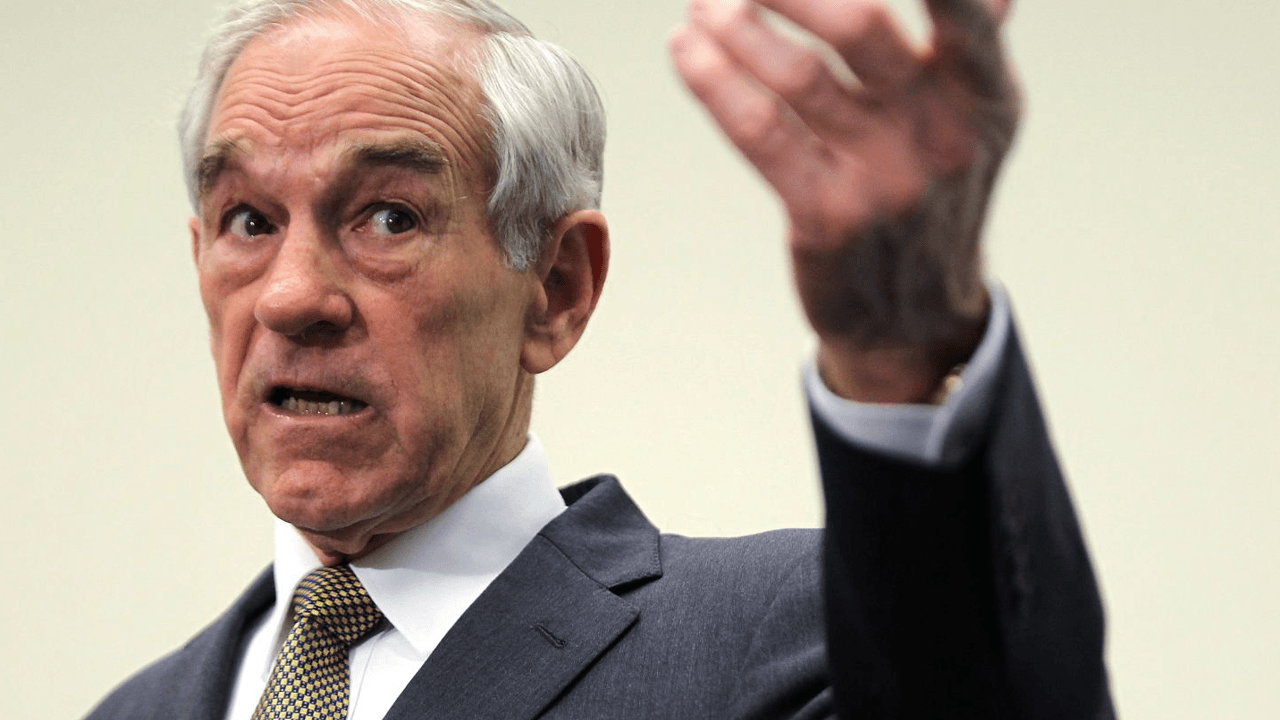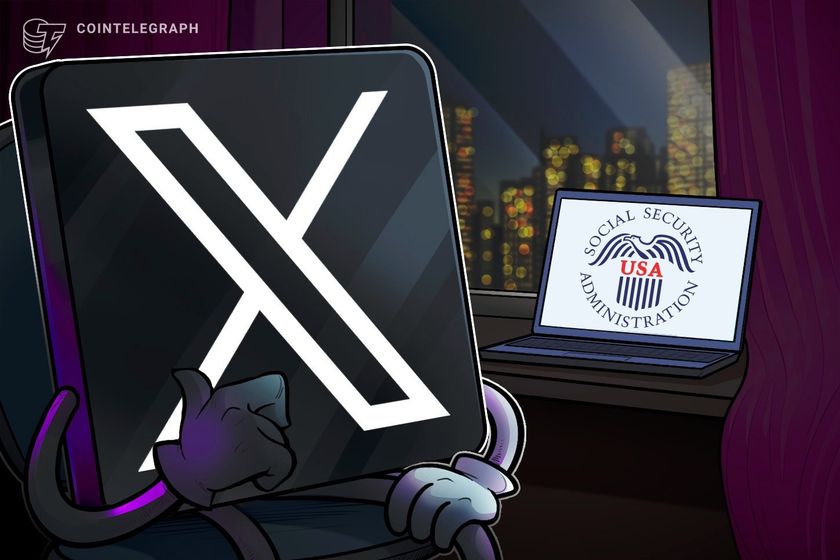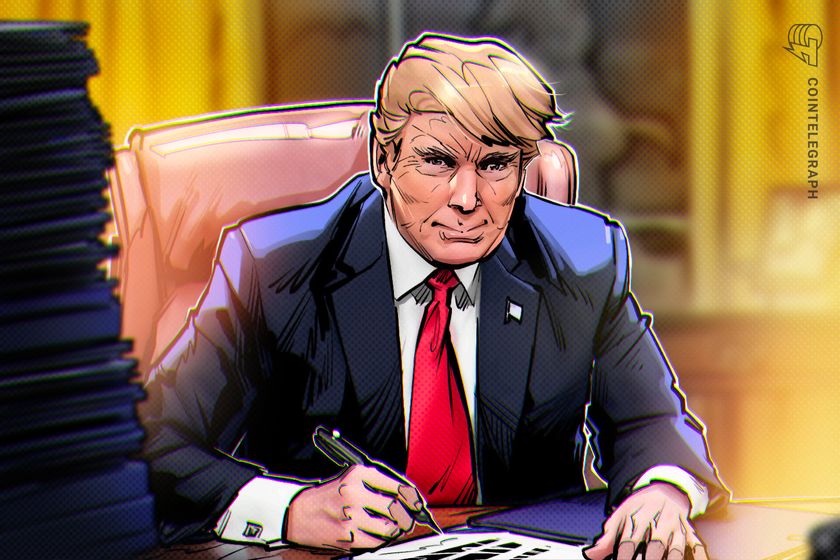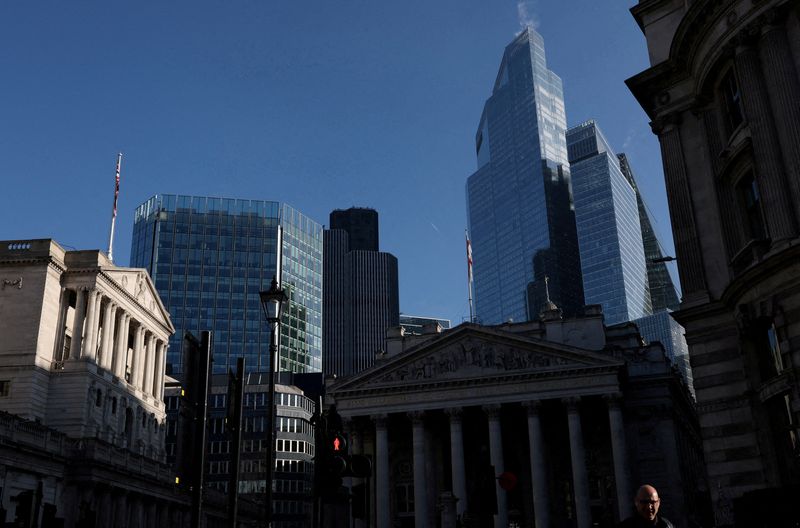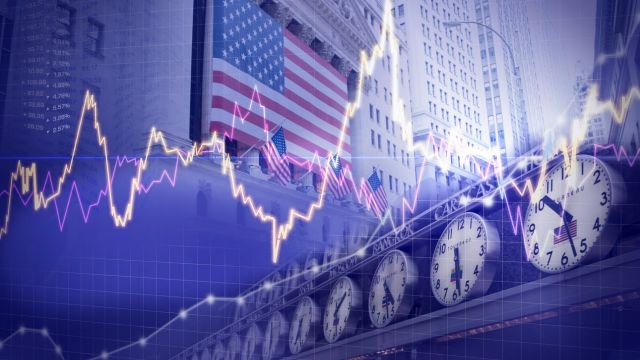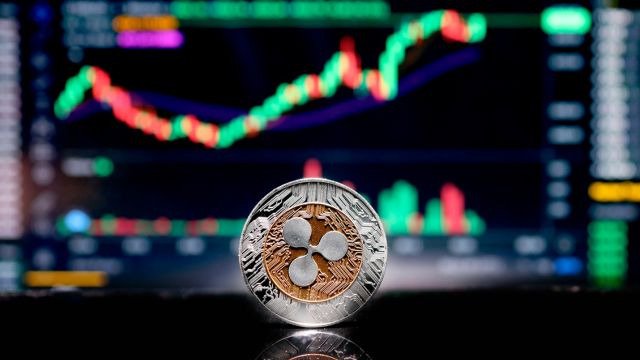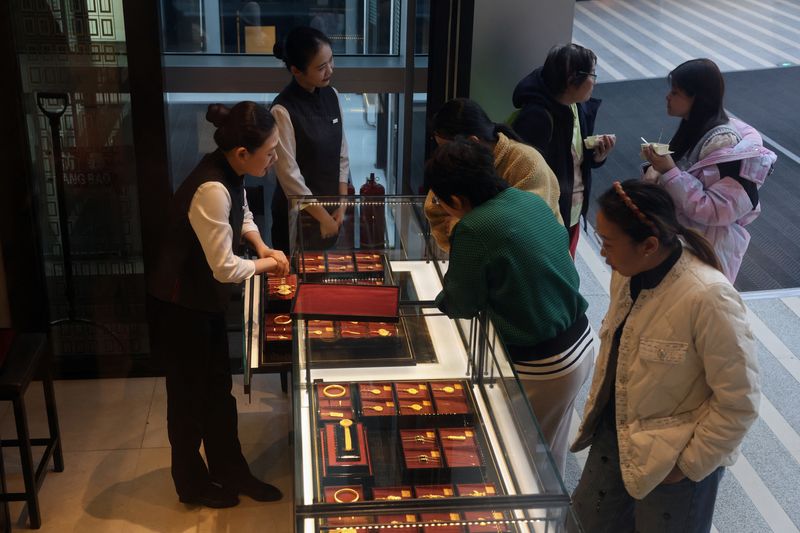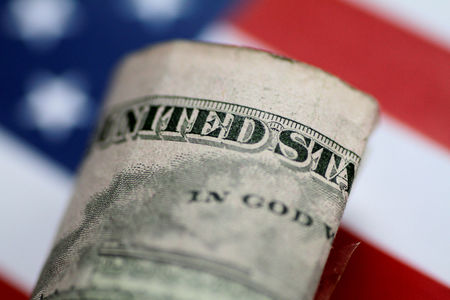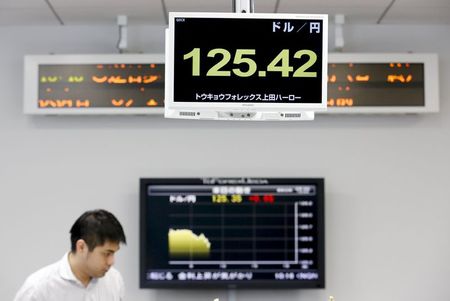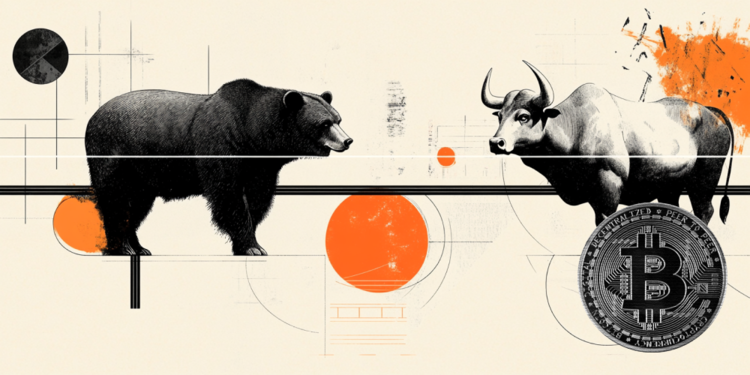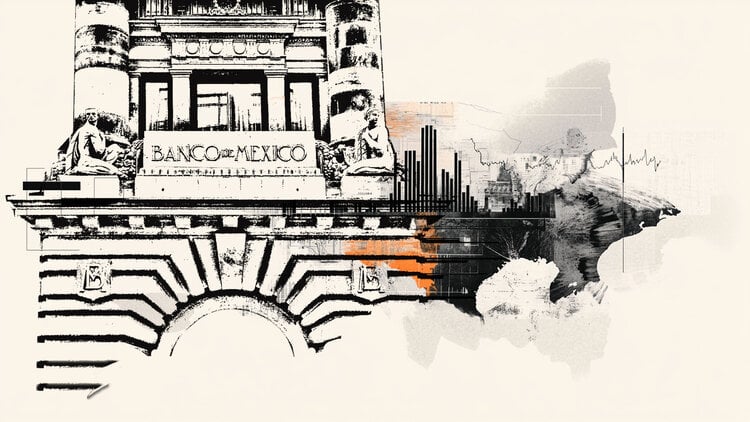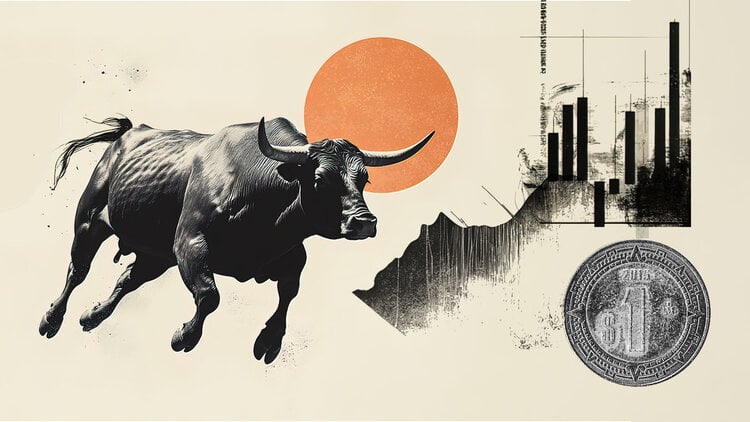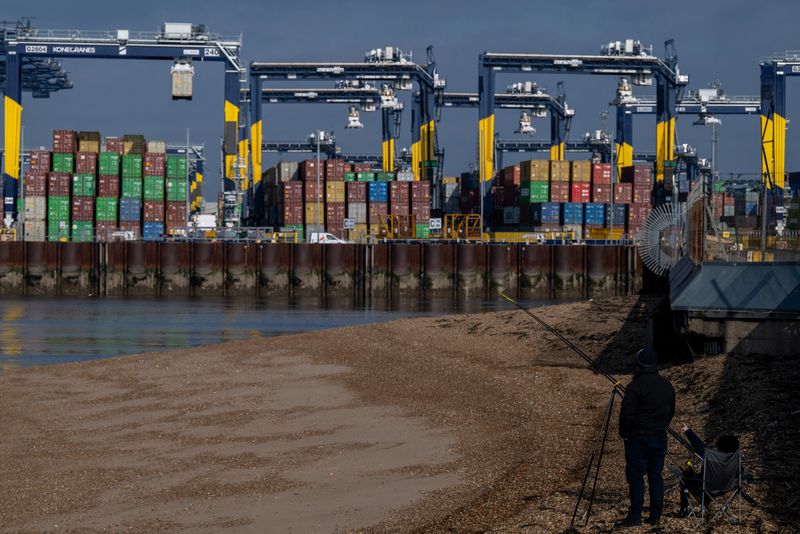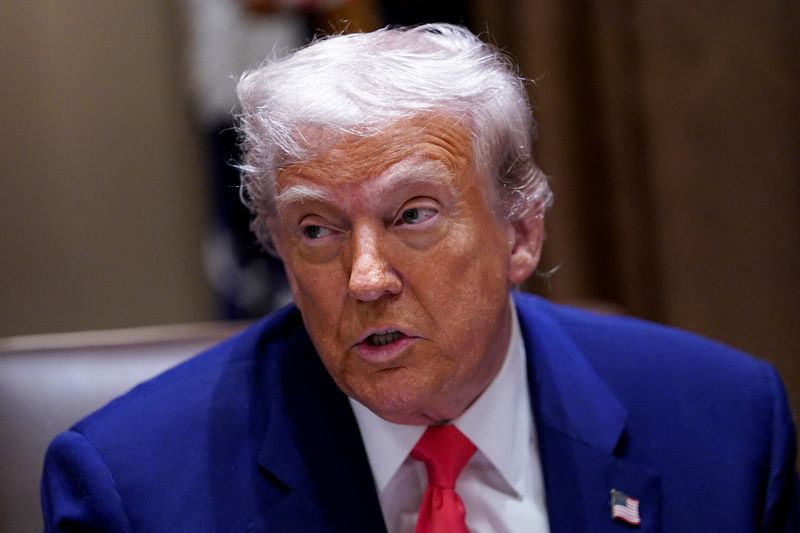‘Nobody’s ever heard of it. It’s gonna be a record’: Donald Trump is claiming victory for the stock market’s rebound
The White House claimed the "art" of Trump's deal hadn't been appreciated by media and the markets.

- President Trump’s 90-day pause on aggressive tariff policies triggered a market rebound, allowing him to claim credit for what he called the “biggest day in financial history,” despite markets not fully recovering from earlier losses. Critics argue the policy flip-flop highlights erratic leadership, with analysts noting the market rebound was more a reaction to previous economic damage than a validation of Trump’s strategy.
President Trump is back to talking about the markets, accepting thanks for a boost seen over the past 12 hours having announced a 90-day pause on certain tariff policies.
"I guess they say it was the biggest day in financial history," President Trump told reporters at the White House on Wednesday, after the S&P 500 jumped by more than 9% in a matter of hours following the announcement.
Responding to praise that the markets had at last seen his "brilliance," Trump then told a gaggle of senators: “Nobody’s ever heard of it. It’s gonna be a record.”
Trump playing hero to Wall Street may ring hollow to some analysts who would argue the gains could only be made because of the massive losses suffered as a result of the president's aggressive foreign policy.
When President Trump announced a raft of policies on April 2—which included a universal 10% tariff on all nations as well as country-specific sanctions on nations including Japan, the EU and India—markets tanked.
The S&P 500 dropped around 12% between April 2 and April 8, and the Nasdaq nosedived by more than 13% over the same period.
The flip-flop in tariff policy means all countries will now only face the 10% universal tariff for the foreseeable future, though tariffs on China have increased to 125%.
Markets bounced on the news, with the Trump administration enjoying a victory lap despite the fact markets have still not returned to their pre-April 2 levels.
Karoline Leavitt, the White House's press secretary, said markets and the media had failed to comprehend the tactics of the Oval Office.
"Many of you in the media clearly missed the art of the deal. You clearly failed to see what President Trump is doing here," she said. "The entire world is calling the United States of America, not China, because they need our markets, they need our consumers, and they need this president in the Oval Office to talk to them.
"That's exactly why more than 75 countries have called because the U.S. is the best place in the world to do business."
President Trump also dismissed questions that his—now repeated—tactic of threatening tariffs and then pausing them is diminishing his credibility. "It's not a question of that," he said. "You have to have flexibility."
Welcomed by nervous investors
The move has been welcomed by those who were becoming increasingly nervous about the tariff plot.
Bill Ackman, who had so far been a supporter of the president's policies, posted on Sunday that "the president is losing the confidence of business leaders around the globe.
"The consequences for our country and the millions of our citizens who have supported the president—in particular low-income consumers who are already under a huge amount of economic stress—are going to be severely negative," he added. "This is not what we voted for."
But the reversal in policy won the Pershing Square CEO over, as he stated on Wednesday: "This was brilliantly executed by [Donald Trump]. Textbook, Art of the Deal."
The note presumably refers to the fact the president has written a book titled 'The Art of the Deal.'
Ackman justified his renewed confidence in the White House by explaining the tactic had rooted out preferred trading partners, with China emerging as a "bad actor."
"Our counterparties also have a taste of what life is like if they don’t take down their trade barriers," Ackman added. "This is the perfect setup for trade negotiations over the next 90 days."
What the markets say
Analysts can breathe a sigh of relief—for three months at least—as the pause may have delayed some of the more extreme predictions about the fallout of tariff policy.
Recession fears, for example, have been creeping up while inflation expectations similarly climbed.
While these outcomes haven't been put off for good, Wall Street at least has a window of time in which it can hope for new trade deals to be announced with key partners, improving the economic outlook overall.
But analysts are also making it clear that Trump's decision to pause was guided by markets and not the other way around.
George Vessey, lead FX and macro strategist at Convera, wrote in a note: "It was only a matter of time before markets forced the hand of President Trump ... However, it appears it was the intense selloff in U.S. bonds this week that prompted the President to execute one of the biggest economic policy reversals in modern history.
"The tariff pause allows for strategic negotiations, which is good news, but the most critical factor for the global economy remains in escalation mode—this trade war is really only about the U.S. versus China… Moreover, markets may be overlooking the fact that a 10% tariff on everything isn’t nothing, and the reality is more uncertainty and a lack of clarity for the next three months."
"President Trump’s retreat from trade taxes took less than 24 hours. However, taxes on imports from China increased, and the universal 10% import tax stays in place," chimed Paul Donovan, chief economist at UBS, in a note seen by Fortune. "None of these taxes existed a week ago, and U.S. consumers will have to use income to pay them.
"The big lessons from this: policy remains very (very) erratic; policy competence will be questioned by markets—chaotic confusion about the tariffs on Mexico and Canada suggests the lack of a masterplan; the winning strategy for everyone else is to hang tough and wait for Trump to retreat. Repeated policy uncertainty will hamper investment into the U.S."
This story was originally featured on Fortune.com




